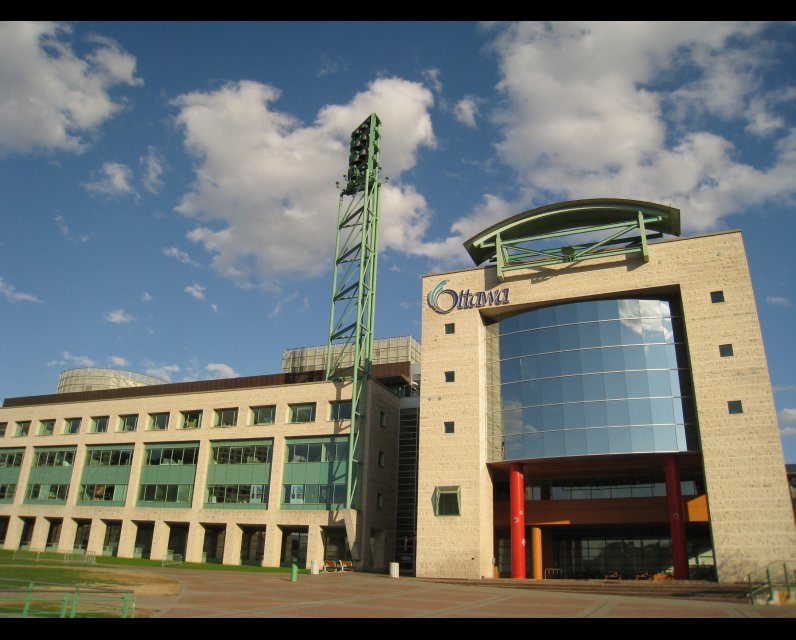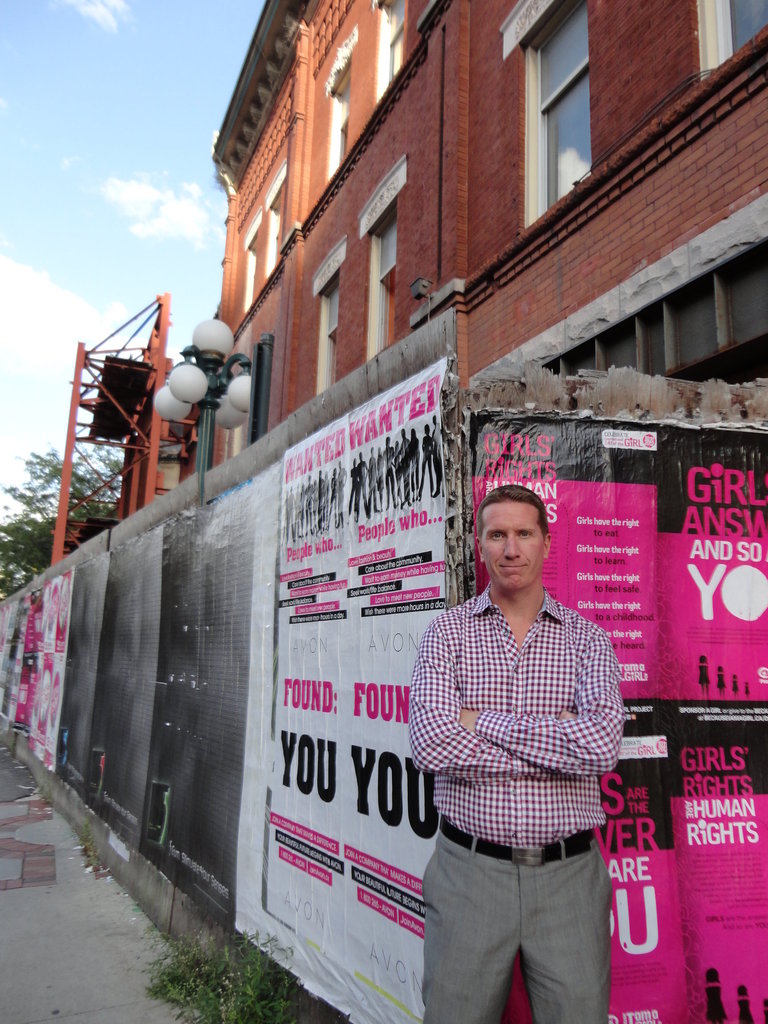Unpublished Opinions
Jeff grew up in Elliot Lake, Ontario. At age 18, he founded the first ever Elliot Lake Terry Fox Run to fund cancer research, was a Director with the Elliot Lake Multicultural Society, and acted as Umpire in Chief for Elliot Lake Minor Ball.
In 1990, Jeff moved to Ottawa to attend the University of Ottawa, where he graduated with a BA in Political science in 1994 and a Masters degree in science politique in 1996. Since that time, he worked for several Members of Parliament, and worked in several national associations, including the Canadian Construction Association as Director of Environment and Director of Government Relations, and his current position as Director of Government Relations and Public Affairs with the Canadian Pharmacists Association.
For more information please visit my website: http://www.jeff2014.ca.
How Can We Reform Municipal Elections in Ottawa for the Better?

There are a few reforms that we can introduce to make Ottawa's municipal elections fairer, more representative, and more equitable. This article explores a few ideas.
How Can We Reform Municipal Elections In Ottawa for the Better?
As a candidate for this fall’s municipal election, I’ve heard a wide range of issues of concern from people in my ward: transit, crime and safety, development, recreation, snow clearing, and the list goes on. Admittedly, there’s been very little discussion on an issue as process-based as electoral reform: one might argue that election reform doesn’t have the same day-to-day impact on the average voter as other issues. Yet, from the unique vantage point of a candidate, I’ve seen and experienced first hand some of the deficiencies in our election system. A few of the straightforward changes that could improve our municipal election system include the following:
• Shorten the election period: In 2014, municipal candidates were able to declare their candidacies as of January 2 – almost a full 10 months before the October 27 election day. Although candidates are not obligated to register so early (they have until mid-September to register), many candidates do register early, with the understanding that launching early provides them with advantages in terms of name recognition and fundraising. But is a 9 or 10 month campaign necessary, or even healthy? “Voter fatigue” is real – many voters are telling me they feel a 9 or 10 month campaign is too long. And for candidates, a 9 or 10 month campaign period is difficult – some non-incumbents will take leaves without pay from jobs, and the personal toll on family life can be high. A shortened campaign period would level the playing field by addressing these issues. If a federal or provincial election campaign can be conducted in 5 weeks, why does a municipal campaign need to run almost 10 months?
• Place limitations on self-financing: There was some discussion early in the Ottawa municipal election to ban corporate and union donations. However, what has not been discussed is the fact that election law puts no limits on the amount that a candidate can self-finance (so long as it does not exceed the allowable overall campaign limit). What this means is that wealthier candidates have a natural advantage. Is this right? Reasonable limits on the amount of money that a candidate can self-finance a campaign should be implemented so that a candidate’s ideas and background are more relevant than the size of their bank account.
• Online voting: Much has been made of the general downward trend in voter turnout over the past several elections. Municipally, turnout in Ottawa was just 44% in 2010. One method being tried by other municipalities in Ontario and Canada to increase participation is online voting. Although the technological details would need to be worked out, Ottawa could learn from the successes and failures of other municipalities to implement such a system as a compliment to the existing in-person voting stations. With the convenience introduced by voting from any computer or hand-held device, it would be interesting to watch the impact on participation and citizen engagement with their candidates – my strong suspicion is voting participation rates would rise.
• Explore alternatives to “first past the post”: In Ottawa, as in most other municipalities, we crown an electoral winner as the candidate with the greatest number of votes. However, in a ward like my own in which there are currently 9 candidates, it’s conceivable that any candidate, including myself, could win with less than 20% of the votes cast. Is that really reflective of voters’ intent? There are currently discussions around a number of alternatives to the first past the post system, such as the “Ottawa 1-2-3” ranked ballot initiative. These alternatives should be the subject of a fulsome public debate in advance of the 2018 municipal election.
Some people may not agree with these ideas. But that’s the point – elections should be about encouraging debate and discussion on ideas. Whatever we can do to change our election system in Ottawa to better reflect that principle should be welcomed.
Jeff Morrison is a municipal council candidate in Somerset ward.



Comments
Be the first to comment